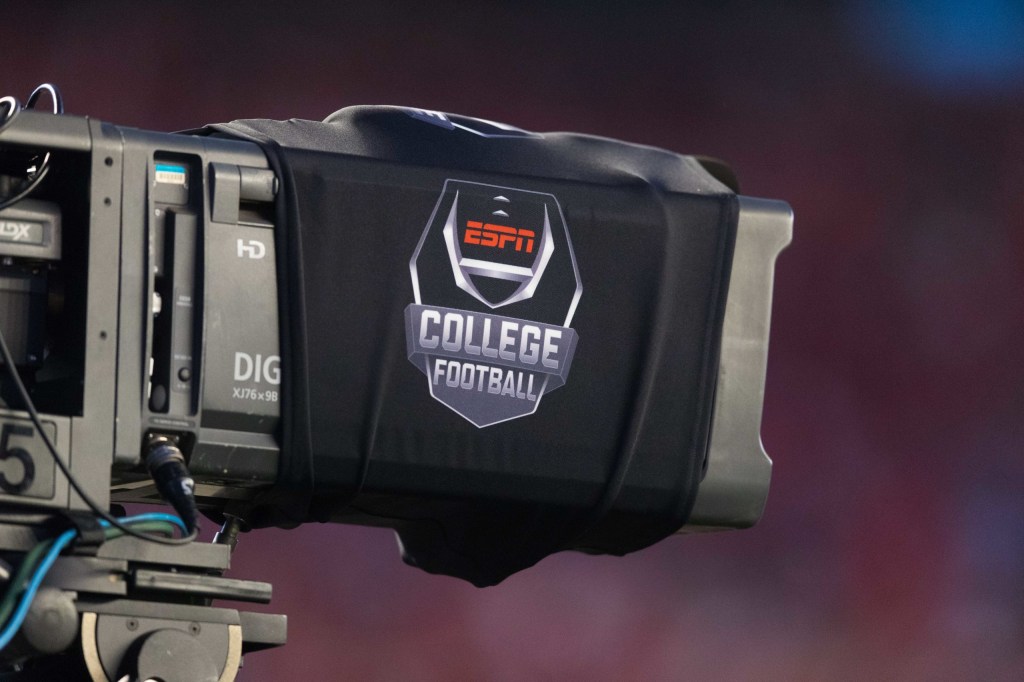
Your reputation is the basis for your brand. Your brand is how your reputation is projected to the world.
With respect to athletes, how they brand themselves is imperative to the individual’s overall success; it helps them convince their current — and future — employer(s) that they are a good fit for the organization. Meanwhile, it also persuades potential endorsers that the athlete is a great spokesperson for their product, and it allows them to create enough public goodwill to start and maintain their own philanthropic organizations.
Frances Reimers, the founder and CEO of Firestarter, helps athletes, coaches, and executives develop, manage, enhance, and protect their key professional asset: their personal brands. Firestarter, which is a personal consultancy located in Alexandria, Virginia, also provides integrated marketing services, crisis communications, and public relations consulting, analysis, and strategy, in addition to day-to-day brand management for clients such as former Ravens kicker Matt Stover and his Players Philanthropy Fund.
SEE MORE: Former NFL Star’s Players Philanthropy Fund Is Bigger Than Sports
Reimers has eclectic experience, which helps her to navigate any kind of public relations or marketing challenges. Prior to launching Firestarter in 2016, Reimers spent more than 15 years leading integrated marketing and public relations campaigns around the world for many corporate, non-profit, and government clients.
So, what goes into building a brand? Some of the key questions that Reimers offers when evaluating or constructing a brand include:
- Who is your audience?
- What do they need from you?
- Where do they need to hear from you?
- What kind of corporate sponsors are you trying to engage?
- What type of person are these corporations looking for?
- What charities, companies or products do you plan to launch in the future?
- What kind of paid, earned, owned or shared media will help support these objectives?
“Above all else, your brand narrative needs to be authentic. This term is becoming slightly cliché, but it’s importance can’t be overestimated.”
Additionally, Reimers stressed:
“Authenticity is vital for two fundamental reasons. One, athletes want to ensure that the persona that appears online, in advertising, etc. is the person they are in real life. Few things kill a brand faster than the discovery that it’s not genuine. Two, remaining authentic allows for differentiation. In the crowded sea of successful professional and amateur athletes, the development of presenting your authentic self helps an athlete find a way to stand out.”
How important is brand strategy to an athlete?
“You don’t play a game without a plan. Managing your brand is no different. Regardless of whether you’re deploying your content through individual social media platforms or using an all-inclusive platform, there has to be an objective before a single piece of content is created.”
SEE MORE: Carolina Hurricanes Put Local Emphasis on New Marketing Initiatives
When it comes to athletes who want to manage their own brand, Reimers advised sitting down with a professional or attending a training session to learn some basic tips and tricks or to get assistance on how best to draft their personal narrative and build a long-term strategy.
Just like with legal and financial matters, there are times when it’s best to leave a person’s brand creation and development in the hands of a professional.
[mc4wp_form id=”8260″]
At the end of the day, “an athlete’s brand isn’t and shouldn’t work in isolation,” Reimers said. “It should always remain top-of-mind as the athlete makes any career, legal, family, business, philanthropic, or financial decisions. Ideally, I enjoy being considered an integral part of an athlete’s entire support system, along with his or her spouse, agent, attorney, etc. When everyone is working in concert, the athlete truly derives the most benefit.”
Everyone – not just athletes – should consider the advice that Reimers gives on personal branding.

















